South Sudanese Authorities Detain UN Radio Journalist Manyang Mayom in Rumbek East
A United Nations radio journalist, Manyang Mayom, is being held by South Sudanese security forces in Rumbek East, Lakes State, raising concerns among family members about his health and possible mistreatment.
Mayom, a reporter for Radio Miraya FM, has been unreachable since Friday. Multiple sources, including relatives, reported that military officers seized his phone, computer, and camera equipment at a local checkpoint in Rumbek East. It remains unclear whether the detention is related to his journalistic activities or personal matters.
Local resident Daniel Laat Kon stated that Mayom’s arrest was reportedly ordered by Lakes State Governor Rin Tueny Mabor Deng. The state information minister, William Koji, declined to comment on the reasons for the arrest or family visitation rights.
A government official suggested the detention may be tied to personal relations in Mayom’s village rather than press activities. However, relatives stressed that the journalist’s equipment could have triggered suspicion, as cameras and recorders are sometimes viewed as sensitive tools by authorities.
Mayom, a native of Rumbek East, previously directed state radio in Lakes State and has reported for numerous media outlets across South Sudan. He currently works for the United Nations Mission in South Sudan (UNMISS).
Media freedom in South Sudan has historically been under threat, with journalists often accused of espionage or unpatriotic activities. Laws such as Sections 54 and 55 of the National Security Service Act allow arrests without warrants, contributing to a pattern of arbitrary detention, ill-treatment, and incommunicado confinement.
Human rights and media organizations have repeatedly documented abuses against journalists, including kidnappings and extrajudicial killings. High-profile cases include Morris Mabior Awikjok Bak in 2023 and Dong Samuel Luak in 2017, highlighting ongoing risks for media personnel in South Sudan.

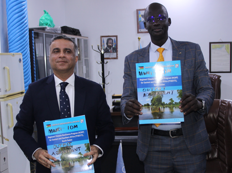

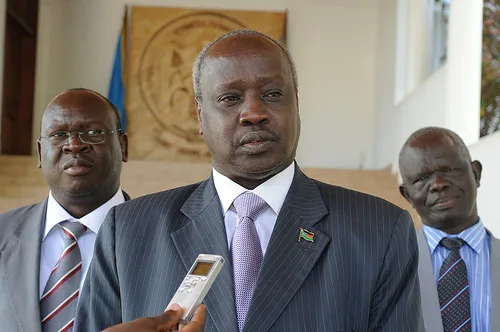
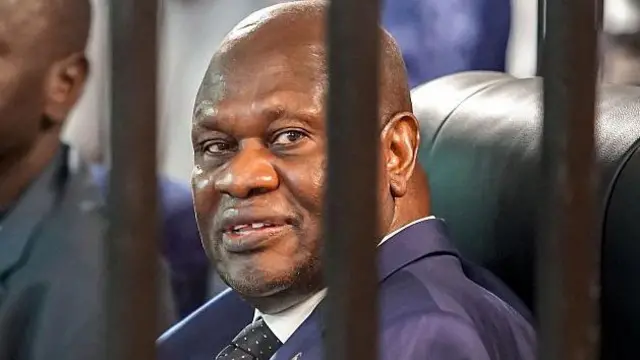
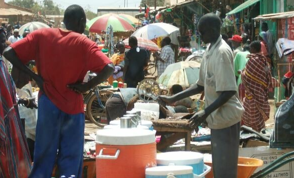
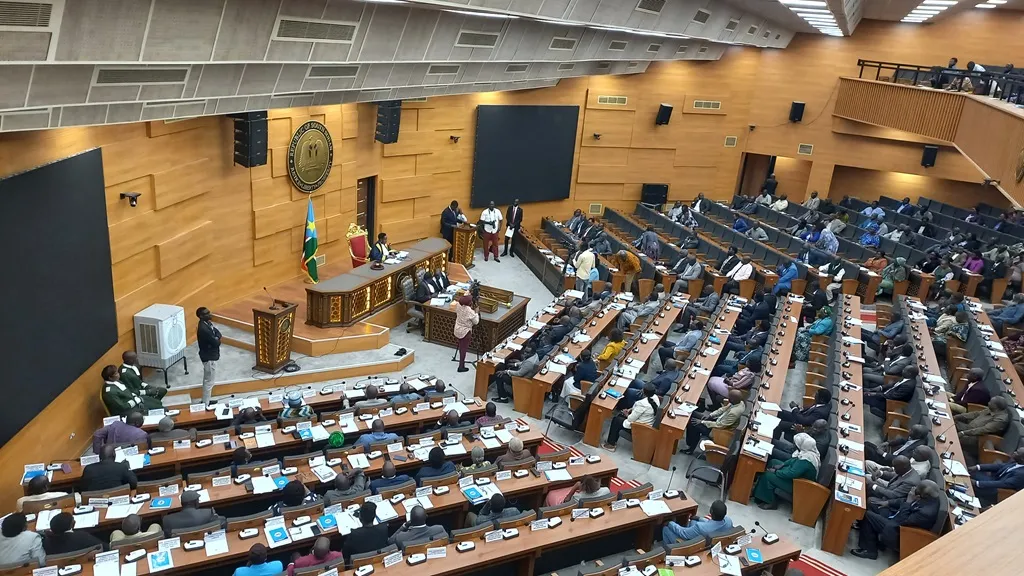
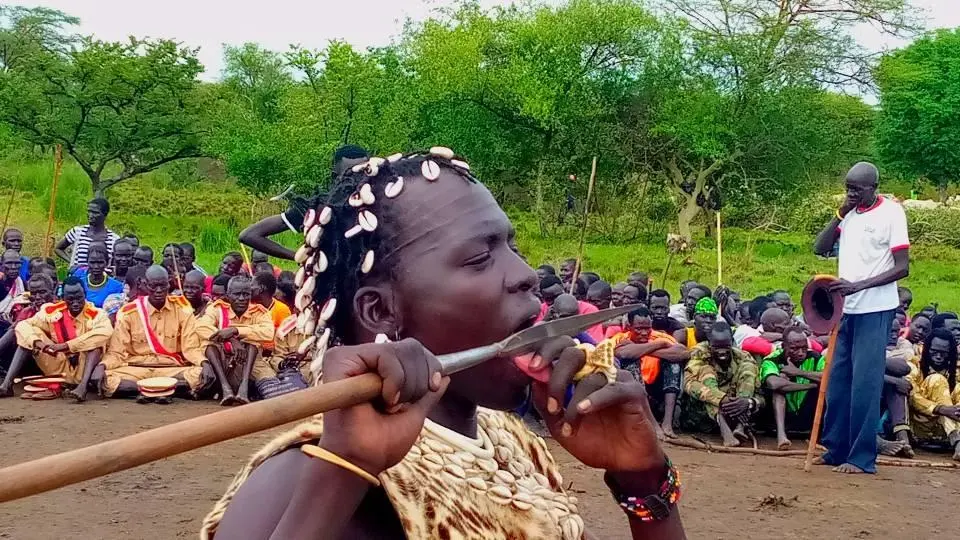
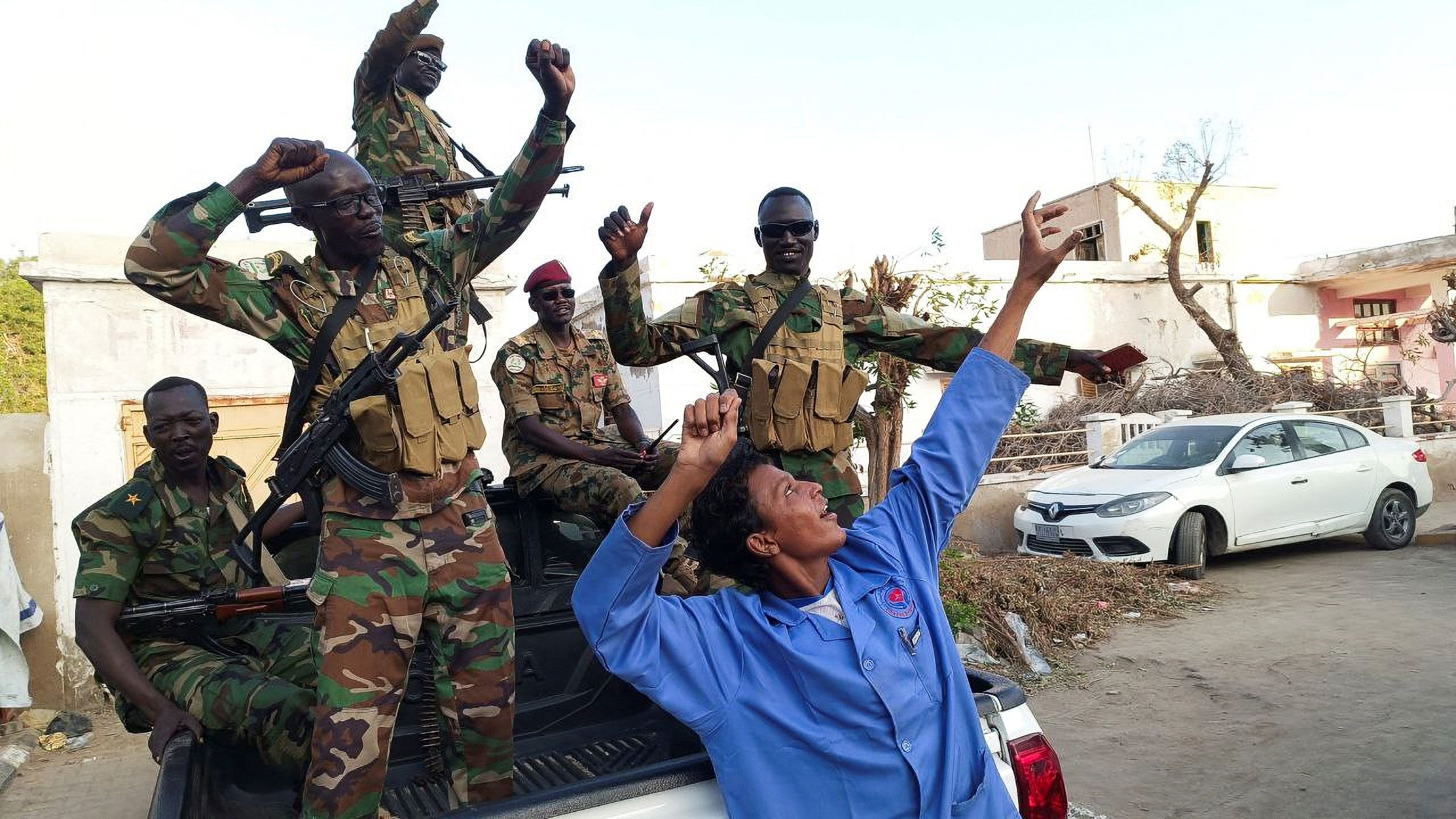


Leave a Reply